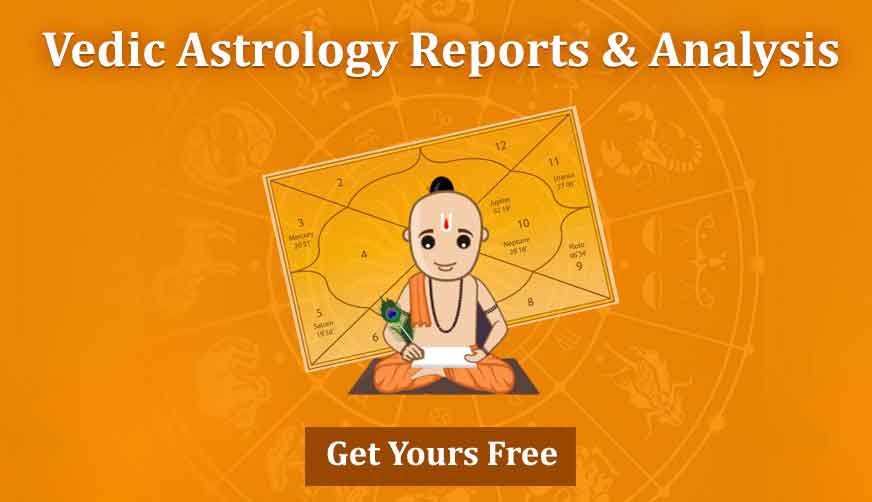The Hierophant - Meaning of The Hierophant in Tarot Cards
The Hierophant Tarot card can be closely related with divine wisdom, manifestation, explanation, teaching and occult wisdom. The High Priest frequently indicated the hidden guardianship of the masters. The Hierophant can be related to tradition and patriarchal society. At its best, the Hierophant is a benevolent teacher, kindly and understanding. The Hierophant is perfect for a person who likes an orderly society. When the Hierophant hits the rocks, there is a lack of respect of for authority and tradition. People live in sin rather than tying the knot in church. People seek alternative lifestyles, children accumulate a bewildering number of 'uncles', and have no respect for teachers, parents or the police.
The Hierophant is sometimes considered to be a hypocrite. He is the one who may be abusing so called sinners for their sins and might be doing the same in his own time. This card is sometimes also related to Union, Joining, Assembling, Bond, Alliance, Chain, Slavery, Financial Straits, Captivity and Servitude. The Hierophant seems to be a perfect figure in the society until he is caught. He is rotten in his roots but is usually able to project himself as a perfection in society.
The Hierophant can be seen wearing the triple crown and is seated between two pillars, but they are not those of the Temple which is guarded by the High Priestess. In his left hand he holds a sceptre terminating in the triple cross, and with his right hand he gives the well-known ecclesiastical sign which is called that of esoteric-ism, distinguishing between the manifest and concealed part of doctrine. It is noticeable in this connexion that the High Priestess makes no sign. At his feet are the crossed keys, and two priestly ministers in albs kneel before him.
The true meaning of this card has often been changed as there are various different interpretations. Grand Orient says truly that the Hierophant is the power of the keys, exotic orthodox doctrine, and the outer side of the life which leads to the doctrine; but he is certainly not the prince of occult doctrine, as another commentator has suggested. He is not, as it has been thought, philosophy-except on the theological side, he is not inspiration; and he is not religion, although he is a mode of its expression.







